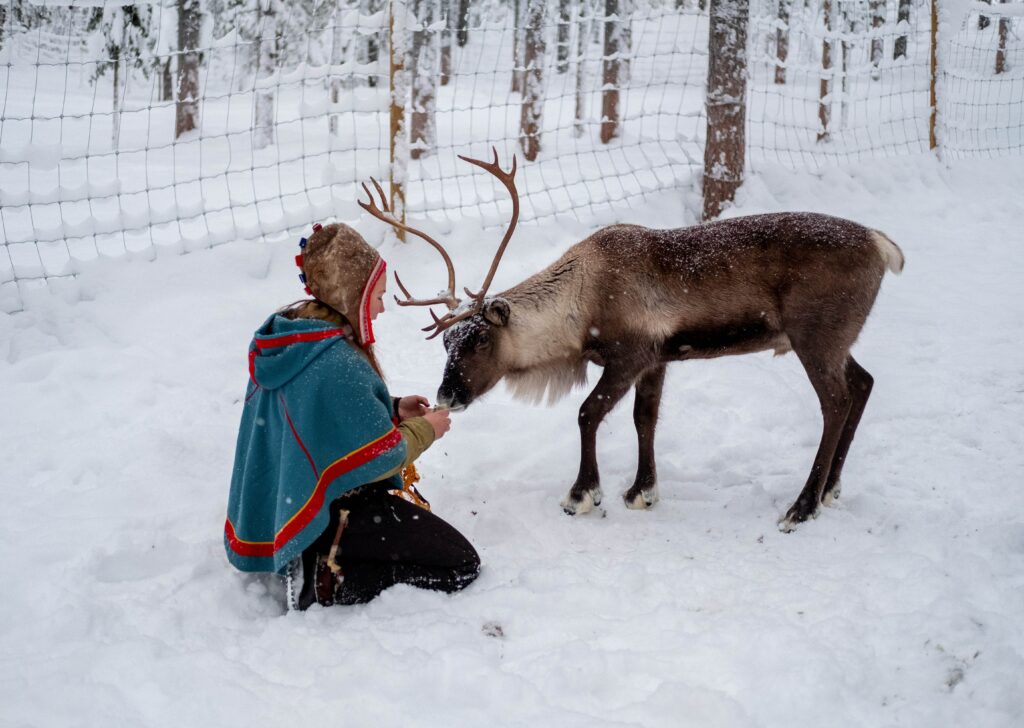This website uses cookies so that we can provide you with the best user experience possible. Cookie information is stored in your browser and performs functions such as recognising you when you return to our website and helping our team to understand which sections of the website you find most interesting and useful.
The arctic is hot: addressing the social and environmental implications
Summary
The Arctic is becoming of strategic importance to the EU, having the potential to supply of critical materials that are key to implementing the European Green Deal (EGD) and energy transition. This policy brief explores the EU’s growing interest in the Arctic and its efforts to reduce negative spillovers. It takes Kiruna as an example of where interests linked to activities such as mining could lead to local controversy and shares ways to ensure more mutually beneficial outcomes.

Key messages
- The policy brief highlights how extraction of resources can also result in competing land and resource claims with Indigenous communities such as the Sami, the EU’s only Indigenous group.
- A state-owned Swedish mining company Luossavaara-Kiirunavaara Aktiebolag (LKAB) called attention to the importance of a deposit of rare earth elements in the north of Sweden for the European Green Deal (EGD) in early 2023. The author warns that, if not properly planned, mining the deposit could have negative impacts at the local level and lead to project delays and contestation later on.
- Similarly, the expansion of launch sites or spaceports such as Esrange Space Center in Kiruna can also have impacts on reindeer, herding routes, and noise pollution. Thus, it is recommended proceeding with caution and more information is essential in the arctic region.
- When it comes to indigenous rights, both the EU and Sweden supported the United Nations Declaration on the Rights of Indigenous Peoples (UNDRIP) in 2007, which grants the right to free, prior and informed consent, enabling Indigenous peoples to give or withhold their consent to projects.
- Yet, Sweden has not ratified the International Labour Organization’s Convention 169 on Indigenous and Tribal Peoples, which upholds rights to self-determination and control over land and resources. Therefore, the author suggest the EU needs to have an internal Indigenous peoples policy to ensure conflicts linked to projects supporting the European Green Deal (EGD) are addressed and to uphold these rights.
Conclusion
There is a need for dialogue and seeing indigenous ecological knowledge as a complement to Western methods of environmental protection. To achieve this, the author refers to the Saami Council’s 2019 Sámi Arctic Strategy, which encourages a human-centred economic development that is respectful of the environment, co-designed and co-produced using Western and Indigenous knowledge, and rights-based.
Citation
Broek, E.(2023). The arctic is hot: addressing the social and environmental implications. https://www.sipri.org/publications/2023/sipri-policy-briefs/arctic-hot-addressing-social-and-environmental-implications


 15/09/2023
15/09/2023

 Authors of this publication
Authors of this publication
